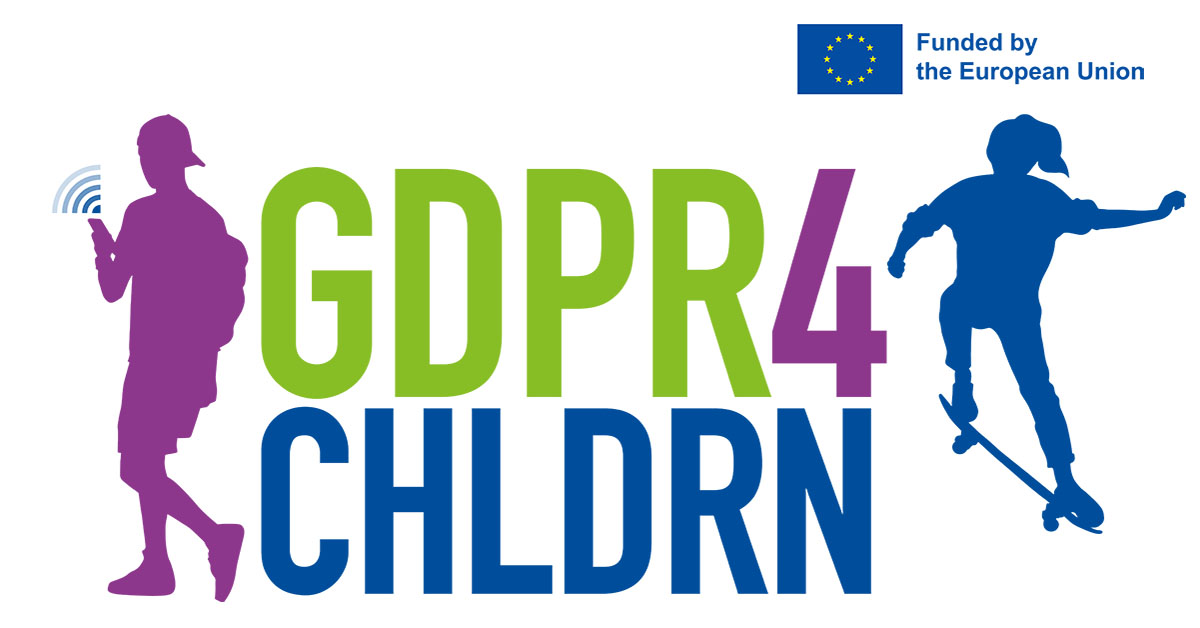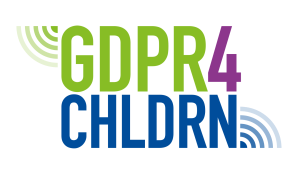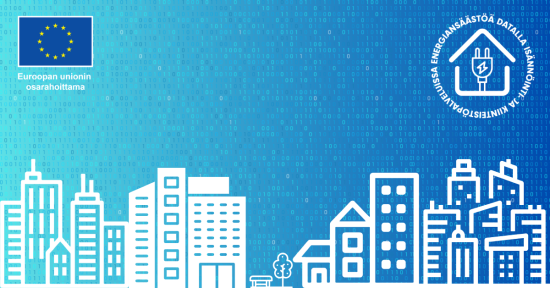We have already presented some of the survey’s results in our earlier article, and this piece focuses on the replies of parents, custodians or other representatives of the children. A total of 105 people belonging to this stakeholder group took the survey.
Some parents have discussed data protection with their children
Roughly half of the parents who took the survey said that they understood how their children’s personal data was being processed and that they were aware of their children’s data protection rights. On the other hand, it is possible that the survey attracted custodians who are more interested in data protection than the average and thus also better informed. This result can be compared to Sitra’s survey (2021), or example, in which 37% of Finnish respondents aged 18–64 said that they had never heard about the rights conferred by the General Data Protection Regulation or that they had heard about them but were not familiar with them in any detail. There is still much work to be done in increasing awareness.
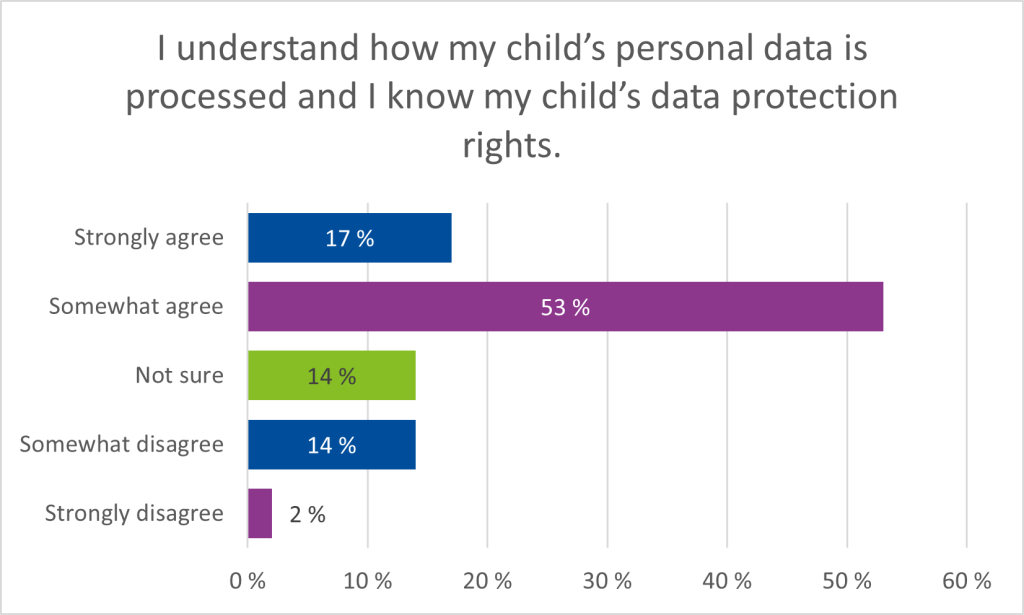
29% of parents had not discussed issues involving the processing of personal data with their children. 33% of respondents said that they had talked about the subject 1–2 times with their children, while 38% said that they had talked about it several times or discussed it on a regular basis. Approximately half of the 13–17-year-olds who took the survey had not talked about the processing of personal data with anyone in the past year. None of the children or young people who took the survey said that they discussed these questions regularly.
Children and young people will not pick up the knowledge and skills related to data protection by themselves. Parents can improve their children’s skills by raising topics related to data protection, and day care centres, schools and hobby and sports clubs can support parents in this. Without discussion, children and young people may never come to think about these issues or be able to exercise their data protection rights.
Do you need tips for talking about data protection with your child? Read our article for parents, which is written to lay a foundation for discussions that will increase both the parent’s and the child’s awareness of data protection.
Parents’ trust in the processing of personal data in hobby and leisure activities varied
Half of the parents who took the survey felt that the association arranging hobby activities for their children pays sufficient attention to the processing of personal data. A third of respondents could not say whether the club or association paid sufficient attention to processing. In other words, there is some uncertainty among parents and custodians about associations’ personal data processing. These uncertainties can be due to the parent’s lack of familiarity with the subject or failures in communicating clearly and intelligibly about the processing of personal data to the parents of children or young people.
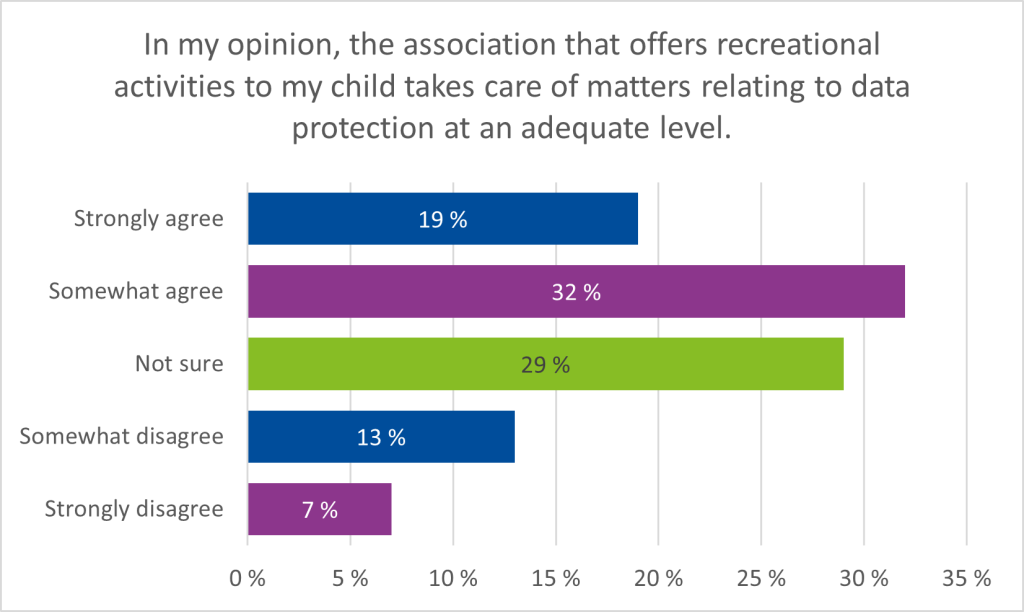
Approximately half of the respondents reported at least some level of concern about the processing of personal data by the club or association. 18% said that they had contacted the club or association to ask about something related to the processing of personal data. These parents had thus channelled their interest or concerns into action to clear up the matter. The percentage of parents who had asked about processing was clearly lower than that of concerned parents. We should remember that both children and young people and their parents always have the right to be informed about the processing of their personal data. On the other hand, it can be difficult to assess the appropriateness of processing if the person does not have sufficient information about their data protection rights or the requirements set for processing personal data.
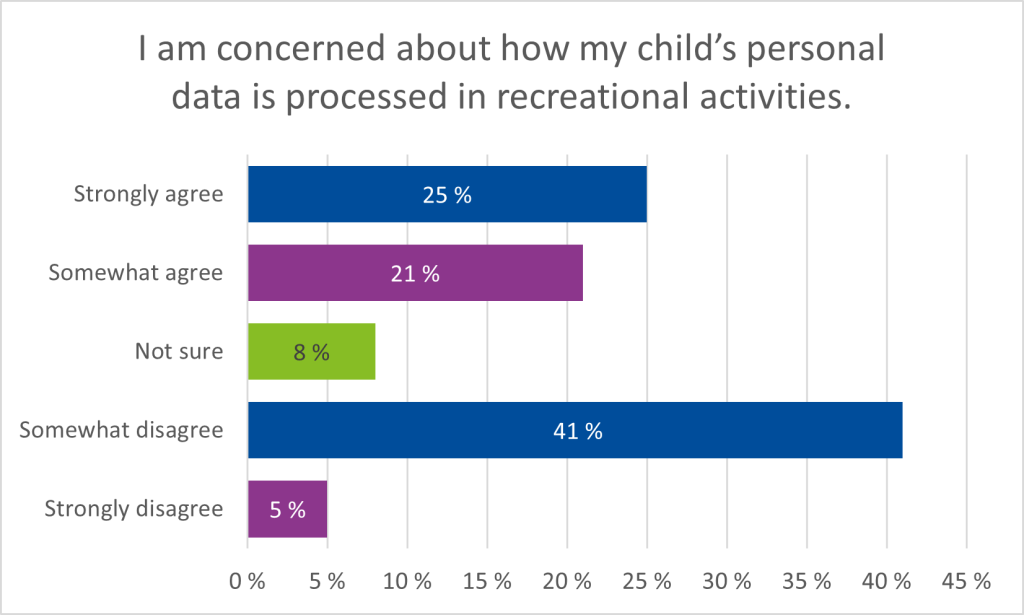
The free-form answers to the survey revealed that, among other things, parents were concerned about the publication of photographs, videos and other personal data. Some answers also raised issues related to requesting consent. The storage and disclosure of personal data within the club or association, as well as the storage periods and erasure of personal data, were also recurring themes in the answers. Based on the answers, it is not always clear to parents who has access to their child’s information in the club or association and how access rights are controlled, for example when an employee or other person involved in the activities of the club or association stops working there.
Parents also felt concern about the processing of the health data of children and young people, such as information related to illnesses and allergies, either because of unnecessarily extensive processing or because the information was not available to those who actually needed it.
Parents can support the data protection of children and young people
When parents were asked what they wanted from the GDPR4CHLDRN project, many of them hoped for written materials and training, especially for clubs and associations that arrange hobby and leisure activities. This is understandable, since the clubs and associations serve as controllers, for example when processing the personal data of their members, and are thus responsible for the lawfulness of the processing of personal data in their activities.
However, parents also encounter situations in which they can support the realisation of the data protection of their own children or others through their own actions. Some of the parents who took the survey said that they knew how to adjust the privacy settings of their children’s personal data, for example in the registration system used by the club or association. Some respondents also requested clear instructions for issues like posting training photographs that show children on social media. The GDPR4CHLDRN project will produce written materials not only for the clubs and associations, but also directly for the parents to improve their awareness and competence.
A few parents who took the survey pointed out that children should always have access to comprehensible information on why their personal data is being processed, also in hobby and leisure activities. The project will design icons that illustrate concepts related to data protection, which can be used to tell children about the processing of personal data in a manner they can understand. Discussing questions of data protection with their parents may also increase the children’s interest in the processing of their personal data. In this way, parents can support the realisation of their children’s data protection in normal everyday life.
GDPR4CHLDRN
- GDPR4CHLDRN is a two-year project that will end in August 2024. The full name of the project is GDPR4CHLDRN: Sports associations and hobby clubs as gatekeepers providing practical tools to ensure children’s data protection.
- The project is funded by the Citizens, Equality, Rights and Values programme of the European Union.
- The project coordinator is the Office of the Data Protection Ombudsman, and its partner in the project is the TIEKE Finnish Information Society Development Centre.
- The key interest groups in the project are the Football Association of Finland, the Finnish Olympic Committee and the Guides and Scouts of Finland.
Further information:
- Office of the Data Protection Ombudsman: Nora Musto, nora.musto@om.fi, tel. +358 (0)29 566 6716
- TIEKE: Mikko Eloholma, mikko.eloholma@tieke.fi, tel. +358 (0)44 491 8296

Funded by the European Union. Views and opinions expressed are however those of the author(s) only and do not necessarily reflect those of the European Union or European Commission. Neither the European Union nor the granting authority can be held responsible for them.

